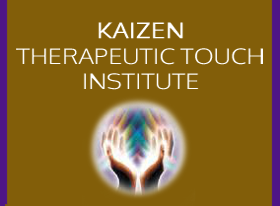 While some topics of conversation may be extremely challenging for one person, they may not pose any challenge at all for someone else. Perhaps it’s not the topic of conversation that a person finds challenging, but the relation the person has with another person or people involved, their needs and wants in relation to situational barriers or power differentials, that makes the conversation difficult to have.
While some topics of conversation may be extremely challenging for one person, they may not pose any challenge at all for someone else. Perhaps it’s not the topic of conversation that a person finds challenging, but the relation the person has with another person or people involved, their needs and wants in relation to situational barriers or power differentials, that makes the conversation difficult to have.
End of life with its succession planning, inheritance and elder care considerations where there’s a complex and sometimes dysfunctional family dynamic at play is a situation often rife with difficult conversations. How best to navigate these complex, emotionally-rich, and psychologically embroiled situations?
How I, as coach, approach the situation depends on the intentions of my client. As in every other coaching situation, I like to begin with helping my client clarify their intention – what they want. Once the intention is clarified, the situation starts to “open-up”. Other stakeholders and their involvements become clear, as do the barriers, obstacles and obstructions for my client to transcend and transform, if they wish. Assessing impact or consequence of action if it were to be taken, is helpful in creating motivation….how much do they care and why? Learn more about end of life coaching.
If the situation is a case of end of life entanglement within the context of a complex and dysfunctional family dynamic, clarity and resolution are best achieved by empowering the person at end of life to clarify their intention (what do they want – how do they want to be remembered, by whom and why?) through instruments used for that purpose (Last Will and Testament; Power of Attorney for Health and Property; Living Will or Advance Care Plan, Legacy work of various kinds). Creating rapport and establishing agreement is only possible if someone wants to be helped.
Once their intention is clear and expressed, a communication strategy can be designed dependent on their wishes. Failing this, the aftermath of estate trusteeship can be burdensome, costly and lead to further family disruption and dysfunction.
Identifying what’s at stake and for whom…ie attachments, expectations (needs and wants), any associated assumptions, and perceptions that different stakeholders hold, requires detachment and a compassionate, engaged presence.
As death doula and executive life coach l love working with individuals in complex, emotionally and psychologically challenging situations or with the group as a whole, to facilitate the process and help them transform the pain and anguish of difficult situations into opportunities for creative transformation and growth.





